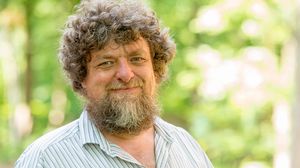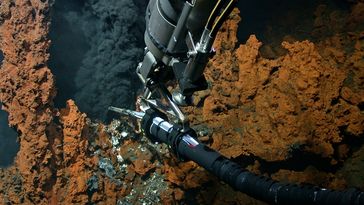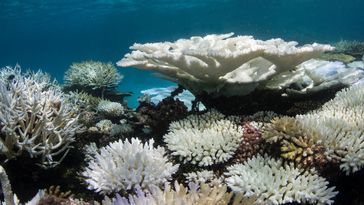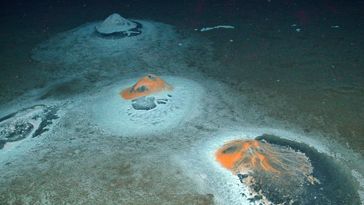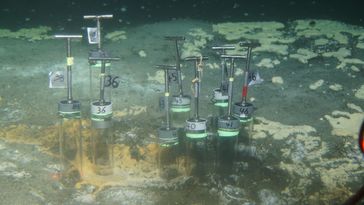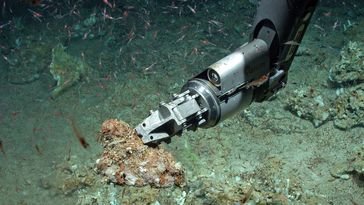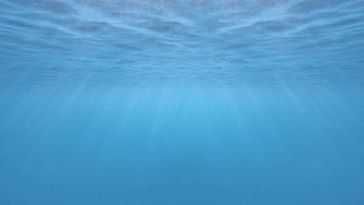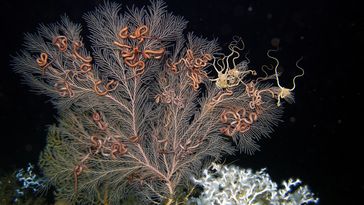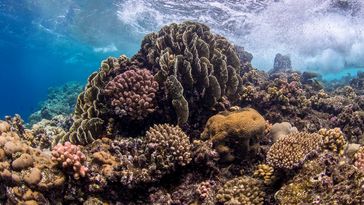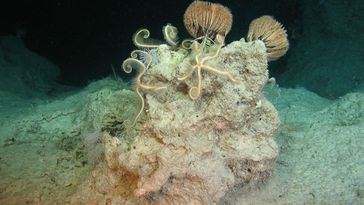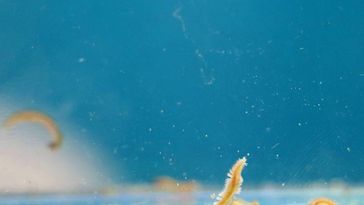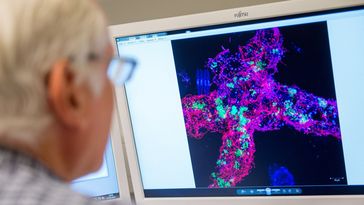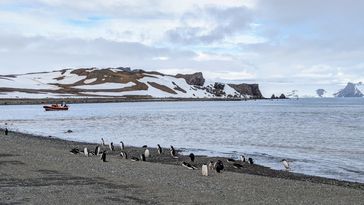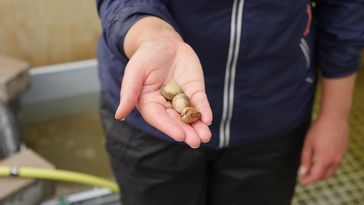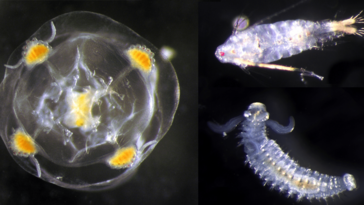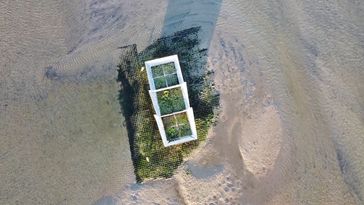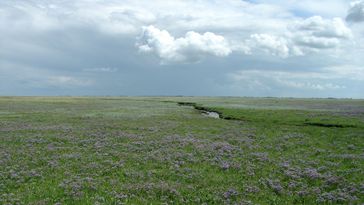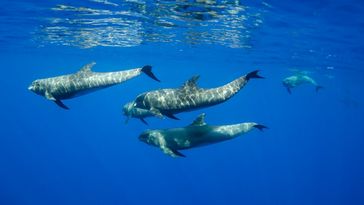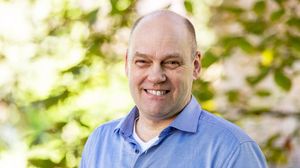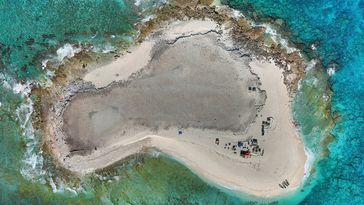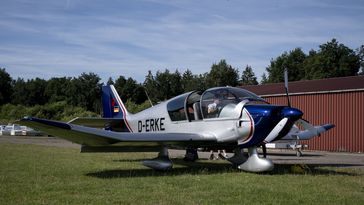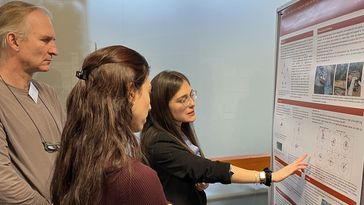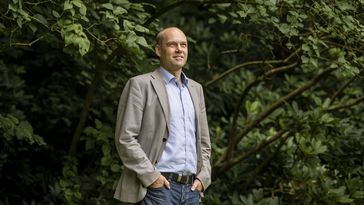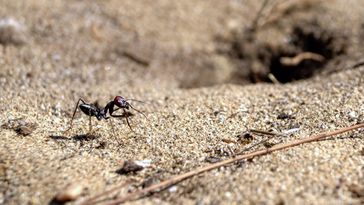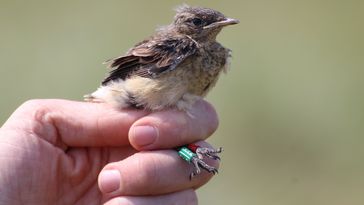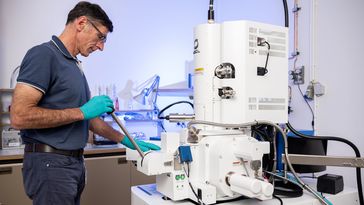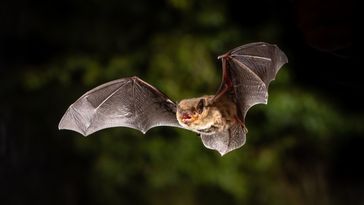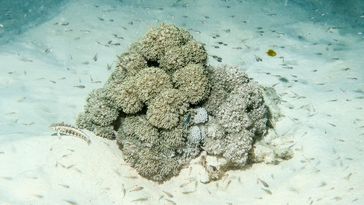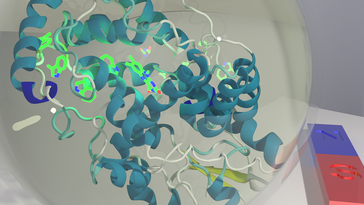Excellence Strategy
Excellence Strategy
The University of Oldenburg conducts cutting-edge research at the highest national and international level: From January 2026, the university will be home to three clusters of excellence: Hearing4all.connects (in collaboration with the Leibniz University Hannover and Hannover Medical School), Ocean Floor (in collaboration with the University of Bremen) and NaviSense. The universities of Oldenburg and Bremen, the latter of which is also home to the Cluster of Excellence Mars Perspective, are now joining forces to apply for funding as a university consortium, pooling their excellence in research, teaching and knowledge transfer.
The Lower Saxony Ministry of Science and the VolkswagenStiftung support the state's universities in their application for funding under the Excellence Strategy: the University of Oldenburg has so far received a total of around 8 million euros from the zukunft.niedersachsen programme for its preparations. In addition, the programme will support the three clusters with around 18 million euros from 2026 to 2032.
Latest news about the consortium
Universities of Oldenburg and Bremen join forces
more: Universities of Oldenburg and Bremen join forcesExcellence Strategy: University celebrates sensational success
more: Excellence Strategy: University celebrates sensational successUnis Bremen and Oldenburg establish Northwest Alliance
more: Unis Bremen and Oldenburg establish Northwest AllianceBreaking new ground together
more: Breaking new ground togetherThe scientists of the Hearing4all Cluster of Excellence and other research groups specialised in hearing research at the university are all pursuing a common goal: they develop innovative solutions for people with impaired hearing and thus improve their quality of life in a sustainable way. The aim is to improve the prediction, diagnosis and treatment of hearing loss. The team has achieved significant results over the course of two previous funding periods since 2012. Now, under the new guiding theme "Hearing4all.connects", the consortium of the University of Oldenburg, the Hannover Medical School, and Leibniz University Hannover will expand to include additional disciplines, enabling an even more comprehensive investigation of hearing loss.
The complex interactions between organisms and their environment are the focus of biodiversity and marine research at the university. A key question is how global environmental changes caused by humans affect the diversity of life and the function of ecosystems. Researchers from Oldenburg have been involved in the Cluster of Excellence Ocean Floor at the University of Bremen. From 2026, both universities will be equal partners. The aim is to further advance our understanding of the role of the ocean floor in biogeochemical cylces and for biodiversity under changing climatic conditions. With its research, the Cluster will contribute to a scientific basis for the protection and sustainable use of the oceans.
The scientific goal of NaviSense is to gain a deep, interdisciplinary understanding of the senses, mechanisms and behaviours that animals use to navigate. The team also wants to find out how these mechanisms can inspire new technologies and how they can be used for the benefit of society, the environment and biodiversity. Each year, billions of animals travel long distances on migratory journeys, playing an important role in numerous ecosystems. The researchers investigate the physical, biochemical and physiological basis of animal navigation. As the magnetic sense of birds is presumably based on a quantum effect, quantum mechanical phenomena are also in the focus.



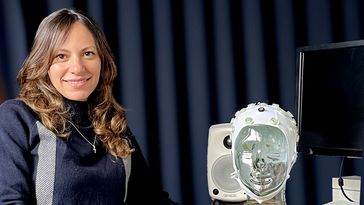

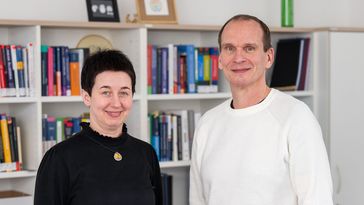
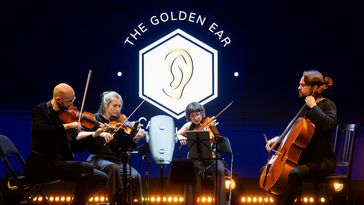


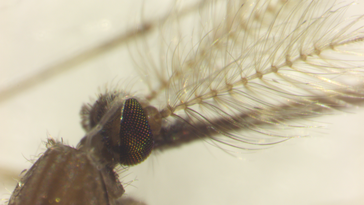
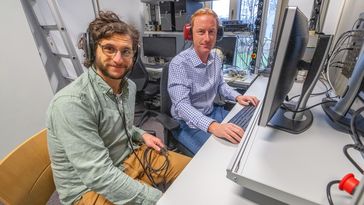
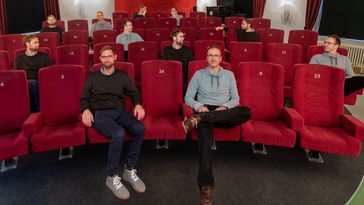
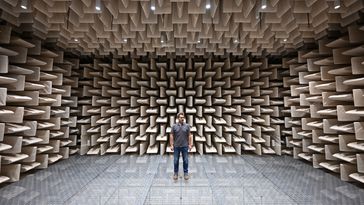
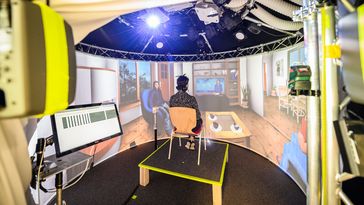
![[Translate to English:] Man from behind, with hearing aid in ear and smartphone in hand](/fileadmin/_processed/e/2/csm_iStock-1165133399_aaf7313a4b.jpg)
![[Translate to English:] Picture of microphone array](/fileadmin/_processed/6/5/csm_doclo_einblicke_mikros_mohssen_ea90dc206b.jpg)
